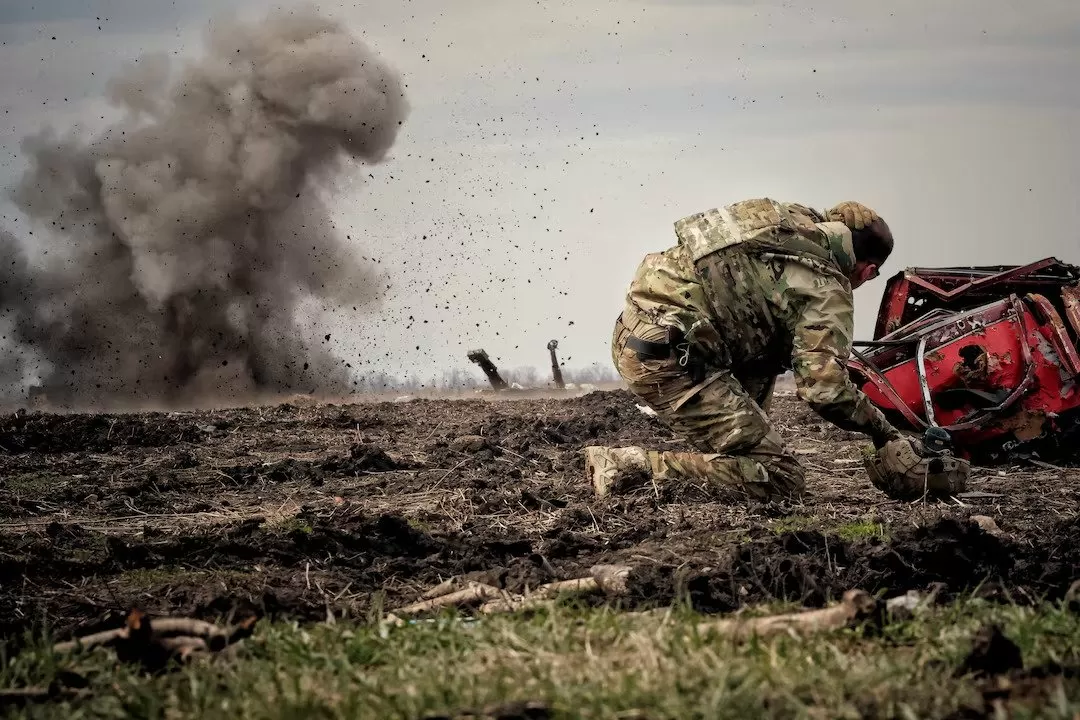Russian President Vladimir Putin is once again making headlines, this time for his demands towards Ukraine. In a recent meeting with Ukrainian President Volodymyr Zelensky, Putin has demanded that Ukraine cede full control of the eastern Donbas region, renounce its ambitions to join NATO, remain neutral, and bar Western troops from its soil. These demands have caused quite a stir in the international community, with many questioning Putin’s motives and the potential consequences for Ukraine.
The Donbas region, which includes the Donetsk and Luhansk provinces, has been a hotbed of conflict since 2014 when pro-Russian separatists declared independence from Ukraine. The ongoing conflict has claimed over 13,000 lives and displaced millions of people. Despite multiple attempts at peace negotiations, the situation remains volatile, with sporadic fighting and ceasefire violations.
In this context, Putin’s demands for full control of the Donbas region have raised concerns about the future of Ukraine’s sovereignty and territorial integrity. The Russian president has long been accused of supporting the separatists in Donbas, and this latest demand only adds fuel to the fire. Many fear that ceding control of the region to Russia would be a significant blow to Ukraine’s sovereignty and could potentially lead to further annexation of Ukrainian territory.
Moreover, Putin’s demand for Ukraine to renounce its ambitions to join NATO has also raised eyebrows. Ukraine has been seeking to join the Western military alliance for years, with the hope of gaining protection from Russian aggression. However, Putin sees this as a direct threat to Russia’s security and has made it clear that he will not tolerate Ukraine’s membership in NATO. This demand has further strained the already tense relationship between Russia and the West.
In addition to these demands, Putin has also called for Ukraine to remain neutral and bar Western troops from its soil. This is a clear attempt to limit Ukraine’s ties with the West and maintain Russia’s influence in the region. It is also a warning to the United States and its allies to stay out of what Russia considers its backyard.
So why is Putin making these demands now? Some experts believe that it is a strategic move to gain leverage over Ukraine and the West. With the ongoing conflict in Donbas and the recent tensions between Russia and the West, Putin sees an opportunity to assert his power and influence in the region. By making these demands, he is sending a message that he is not afraid to use force to protect Russia’s interests.
However, there is also a more positive interpretation of Putin’s demands. Some believe that he is trying to find a way to end the conflict in Donbas and improve relations with Ukraine. By taking control of the region, Putin could potentially bring an end to the fighting and establish a more stable relationship with Ukraine. This could also be seen as a way to ease tensions with the West and avoid further sanctions.
Regardless of Putin’s intentions, it is clear that his demands have put Ukraine in a difficult position. The country is caught between a rock and a hard place, with pressure from both Russia and the West. However, it is crucial for Ukraine to stand firm and not give in to Putin’s demands. Ceding control of the Donbas region and renouncing its NATO ambitions would be a significant blow to Ukraine’s sovereignty and security.
Furthermore, Ukraine’s membership in NATO should not be seen as a threat to Russia. It is a sovereign nation’s right to choose its alliances and protect its interests. By trying to limit Ukraine’s ties with the West, Putin is only further isolating Russia and hindering its potential for cooperation with other countries.
In conclusion, Putin’s demands towards Ukraine are a cause for concern, but they should also be seen as an opportunity for dialogue and negotiation. It is crucial for all parties involved to find a peaceful solution to the conflict in Donbas and work towards improving relations. Ukraine should not have to sacrifice its sovereignty and security for the sake of appeasing Russia. It is time for Putin to reconsider his demands and work towards a mutually beneficial resolution for all involved.





![Complete BritRail Pass Guide [Types, How to Use It, Pros + Cons]](https://inside-news.uk/wp-content/uploads/2025/06/00221EB4-BCA2-4DBB-6CD4-83DBC37D71FA-120x86.webp)












